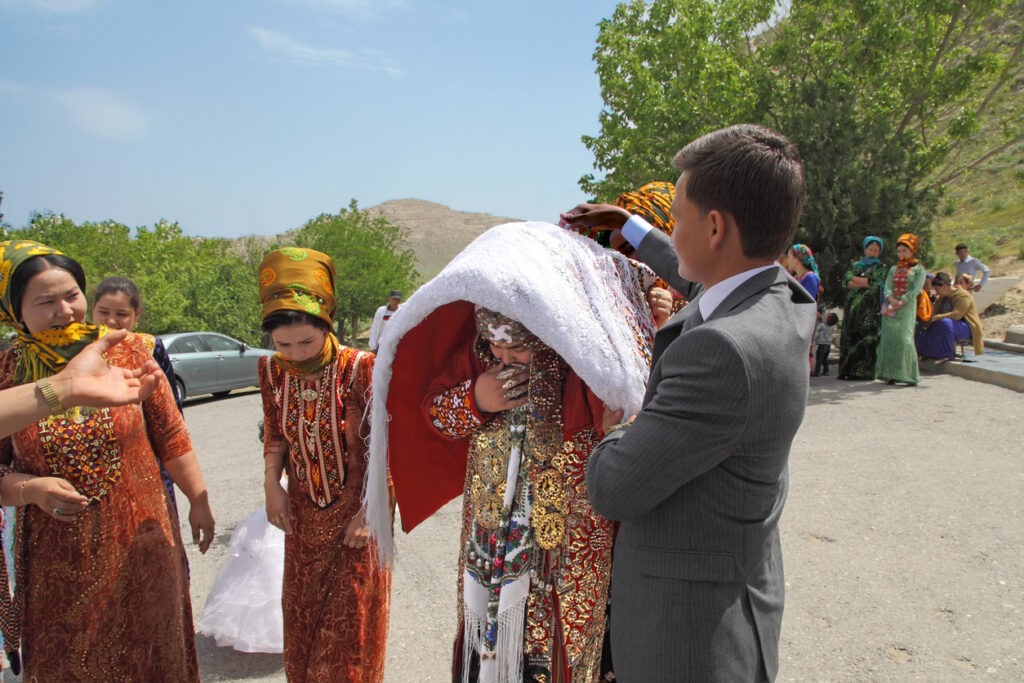‘Saltanat’s Law’: Have the Lives of Kazakhstani Women Changed?
One year ago, on April 15, 2024, President Kassym-Jomart Tokayev signed a landmark package of legislative amendments aimed at addressing domestic violence in Kazakhstan. Quickly dubbed 'Saltanat's Law' by the public, the reforms are seen as honoring the memory of 31-year-old Saltanat Nukenova, who was brutally murdered by former Minister of the Economy, Kuandyk Bishimbayev. First Results: Statistics, Challenges, and New Realities Nukenova’s death and the viral public outcry under the hashtags #SupportSaltanat and #LifeImprisonment, catapulted domestic violence from the policy periphery to a national priority, prompting Parliament to pass amendments within weeks. The legislation reinstated criminal liability for battery and minor bodily harm, introduced penalties for repeat offenses within a year, prohibited reconciliation in cases involving minors, and instituted life sentences for murder and sexual violence against children. The law came into force on June 16, 2024. One year on, activists say there is enough data to evaluate early outcomes. Crucially, advocates note that the law has empowered women with legal language: for the first time, they can cite specific criminal statutes rather than relying solely on moral appeals. Yet, infrastructure has lagged. At the time of the legislation's adoption, there were 49 crisis centers nationwide; by mid-2025, that number had grown to 69. Still, 85% of districts lack access to shelters. With a population exceeding 1.2 million, Shymkent has only one center despite receiving 11,000 violence-related complaints. The Abay and Kyzylorda regions have none. Funding remains precarious: this spring, the Turkestan region’s largest center nearly closed due to unpaid utility bills. While international organizations provide training and grants, a stable government funding mechanism is still absent. Voices from Across Kazakhstan The Times of Central Asia spoke with women from various cities to gauge how the law has impacted daily life and their perceptions of safety. Kamilla, 21, a barista in Almaty, has observed a subtle shift: “Men have become more cautious, especially older ones. Bosses who used to make threatening or derogatory comments are more restrained now. They fear imprisonment, not just a fine. Still, I’m not confident the police would take my side. Many people still say, ‘It’s your own fault.’ But among my friends, few would ever justify violence. That’s already progress.” Madina, 19, a student from Taraz, sees increased online engagement: “Now, when someone shares their story, it goes viral," she told TCA. "People comment, repost, and demand justice. But on the ground, in the neighborhoods, little has changed. Women are still afraid. There’s nowhere to go, and often no family support.” Gulnara, 39, an accountant in Astana, recalls a neighbor’s silence: “She was often beaten. We offered help, but she waved us off. She didn’t want ‘to air dirty laundry.’ It’s not just about laws, it’s about mentality. Many still see the law as distant, irrelevant to their own lives.” Dana, 27, a makeup artist in Kostanay, says the law offers emotional support: “When it passed, we felt heard. But we know it’s just a beginning," she told TCA. "Young people are more outspoken...






